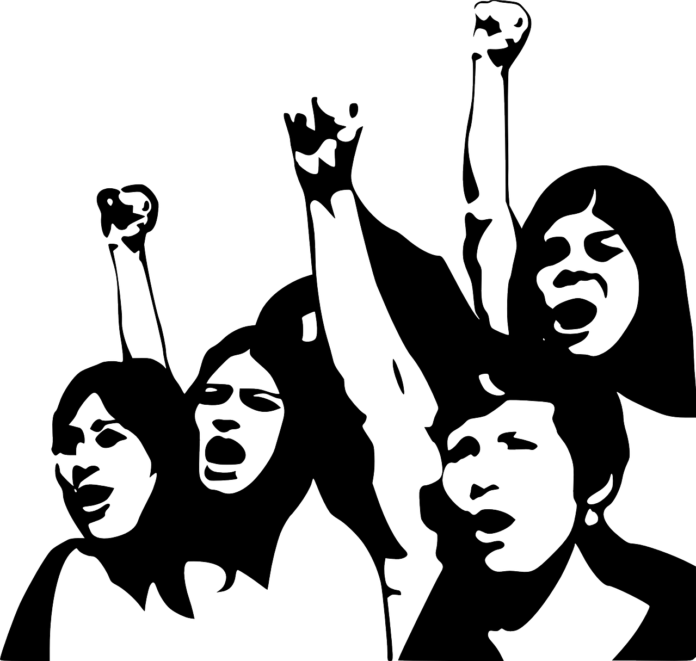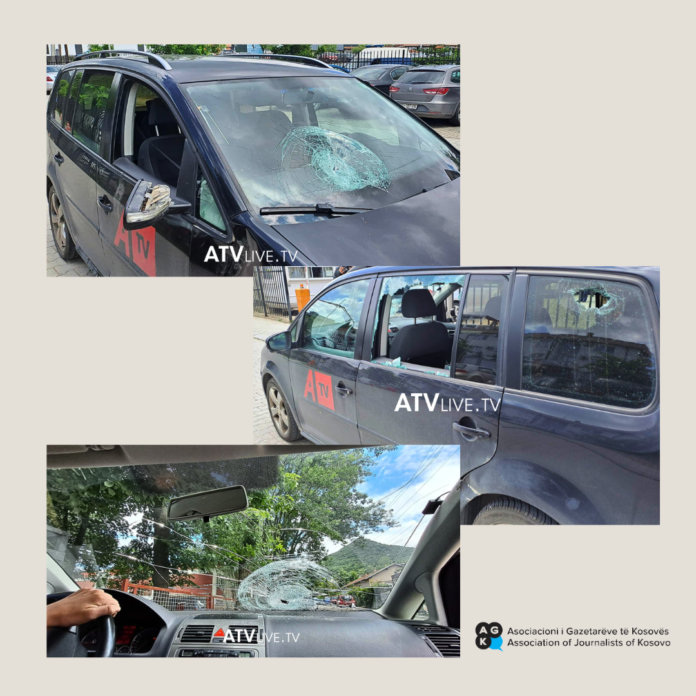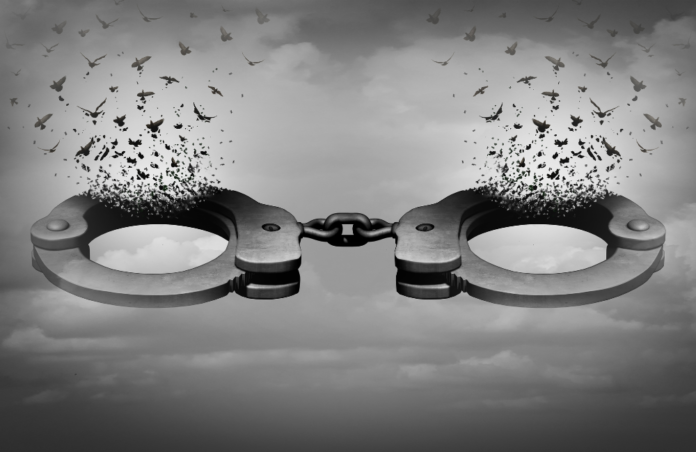Switzerland will be on strike on Wednesday 14 June to demand better working conditions for women, including in the media sector. Four years after the first national feminist strike in 2019, women are still demanding better protection against harassment, more women in positions of responsibility and journalism free of sexism and racism. The International and European Federations of Journalists (IFJ-EFJ) have given their full support to the Swiss unions syndicom and impressum and their members.
“No women, no news – more women, more news’. This slogan with which the Swiss journalists’ unions are preparing to take to the streets to amplify demands about issues that have changed little since 2019:
- Better protection against harassment
- Equal pay
- Reconciliation between work, family and mental health
- Women in positions of responsibility
- No sexism, no racism and more diversity in the media
Swiss newsrooms are not immune to the misogynist culture: the figures show that women journalists still earn less than their male colleagues, men continue to be in charge of certain news, women still experience more harassment in the workplace, in the field and on the Internet, and the profession is still seen by many as incompatible with the desire to start a family – with the result that many women are leaving for other professions.
For Melina Schröter, regional secretary of the media sector at syndicom, the recent advances are not enough:
“Since 2019, the date of the previous major feminist strike, a few lines have moved in the Swiss media. Many female media professionals have publicly denounced the harassment, macho culture and mobbing that are rife in editorial departments. There have been a few developments, such as more women in senior positions, external structures for reporting cases of harassment in certain media, and the more frequent use of the term feminicide rather than crime of passion. Despite these modest advances, great strides towards greater equality still need to be made”.
In a statement issued on 13 June, the IFJ Gender Council expressed alarm at the decline in women’s rights around the world and reiterated the urgent need to “take concrete steps to end sexism and racism”. The President of the Council, María Ángeles Samperio, said: “Without equality between men and women, there can be no justice or democracy. This also applies to the situation of women journalists, who all too often still work in more precarious conditions than men. We need to change this dynamic, not only to strengthen equality in the newsrooms but also to offer a more inclusive media discourse in favour of women and free of racism”.
The EFJ and its Expert Group on Gender and Diversity (GENDEG) also sent support to the unions and all striking journalists in their fight for equality: “In 2023 we can no longer accept gender inequalities in newsrooms. We stand up with Swiss women journalists to fight for their rights and advance towards real equality in the media. On 14 June, we call on all European journalists to send support on social media to their Swiss colleagues,” said Elena Tarifa, the chair of GENDEG.
Follow the campaign on Twitter and Instagram with the hashtag #Nowomennonews2023.











